Today, the dissemination and spread of fake news and misinformation on cyberspace is at an unprecedented level.
For example, X, when it was known as Twitter, is a tool for gathering and disseminating life-saving information and helping coordinate emergency response efforts during crises, according to AFP. The social network 's traditional verification system helps ensure that news and sources are widely trusted. However, after some recent changes, X has become a place where many violent videos , fake images or images are portrayed out of context, especially in the latest conflicts. Previously, only celebrities, journalists or trusted experts were granted a blue tick by Twitter. However, the new change allows any user to own a tick for just $8/month (about 200,000 VND). This can be exploited by some individuals and organizations to spread fake news or misinformation.
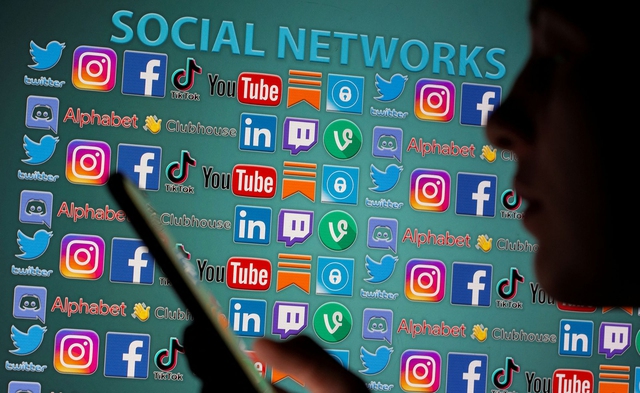
A lot of fake news is being spread widely on social networks.
Reuters
Of the 250 most viral posts on social media spreading fake news or misinformation about the Hamas-Israel conflict, nearly three-quarters were posted by accounts with a blue checkmark, according to NewsGuard, a news trust rating company. The lack of safeguards makes it "very difficult for the public to distinguish fact from fiction," said Nora Benavidez, senior adviser at the Free Press organization in the US.
The risk that fake news poses to society is considered enormous and has prompted regulators to intervene.
Most recently, on October 19, the European Commission asked Meta (Facebook's parent company) and TikTok to provide details within a week of the measures they have taken to prevent the spread of illegal content and misinformation related to the Hamas-Israel conflict. The request came just a week after X was also asked to do the same. Under the European Union's (EU) Digital Services Act (DSA), which came into effect in August, large online platforms must take stronger action to remove illegal and harmful content, or face fines of up to 6% of the company's global revenue.
Since 2019, Singapore has passed an anti-fake news law, allowing ministers in charge to order social media platforms to post corrections next to original articles deemed false, or to remove the articles altogether. Information that harms national interests can result in the poster being imprisoned for up to 10 years, while the website posting it can be fined up to SGD 1 million (VND 17.9 billion), according to The Straits Times . Singapore's effectiveness in enforcing the law is considered a typical model for many ASEAN countries.
Some experts say that as artificial intelligence (AI) technology makes misinformation spread faster and easier, platforms need to invest more in moderation resources, including labeling, fact-checking, and language capabilities.
Now researchers at fact-checking and disinformation centers say their efforts are being hampered by moves by social media to charge higher fees for data access or impose other restrictions.
Thanhnien.vn



![[Photo] Prime Minister Pham Minh Chinh receives leaders of Excelerate Energy Group](https://vphoto.vietnam.vn/thumb/1200x675/vietnam/resource/IMAGE/2025/5/29/c1fbe073230443d0a5aae0bc264d07fe)

![[Photo] Prime Minister Pham Minh Chinh attends the event "Digital transformation of the banking industry by 2025"](https://vphoto.vietnam.vn/thumb/1200x675/vietnam/resource/IMAGE/2025/5/29/0e34cc7261d74e26b7f87cadff763eae)


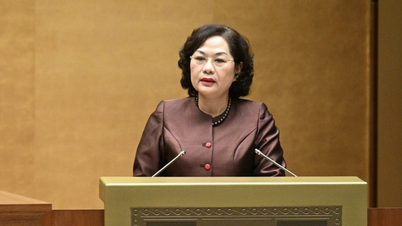

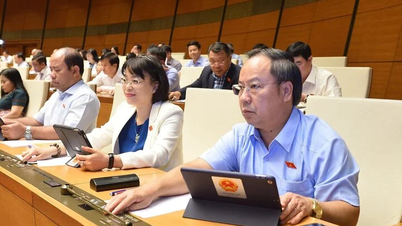


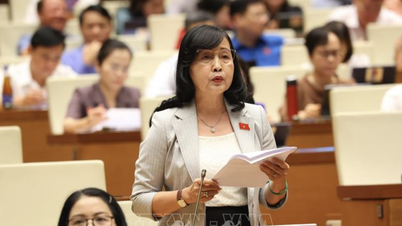

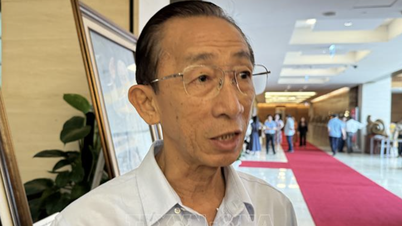







































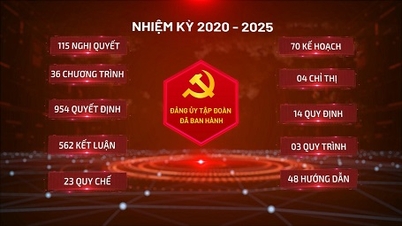


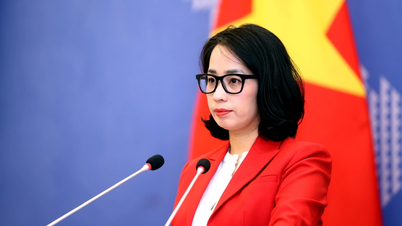






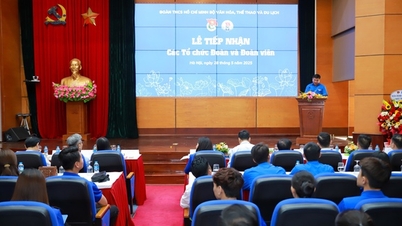

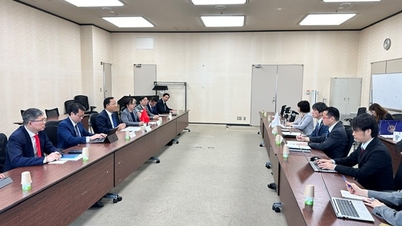



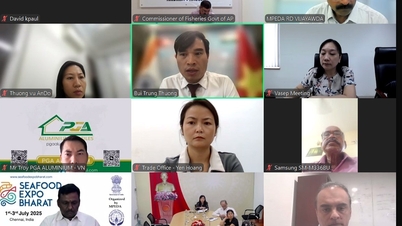

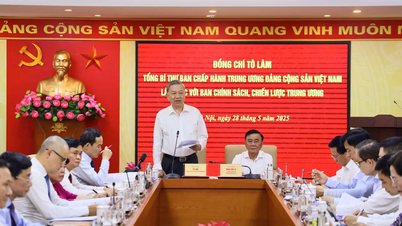




















Comment (0)